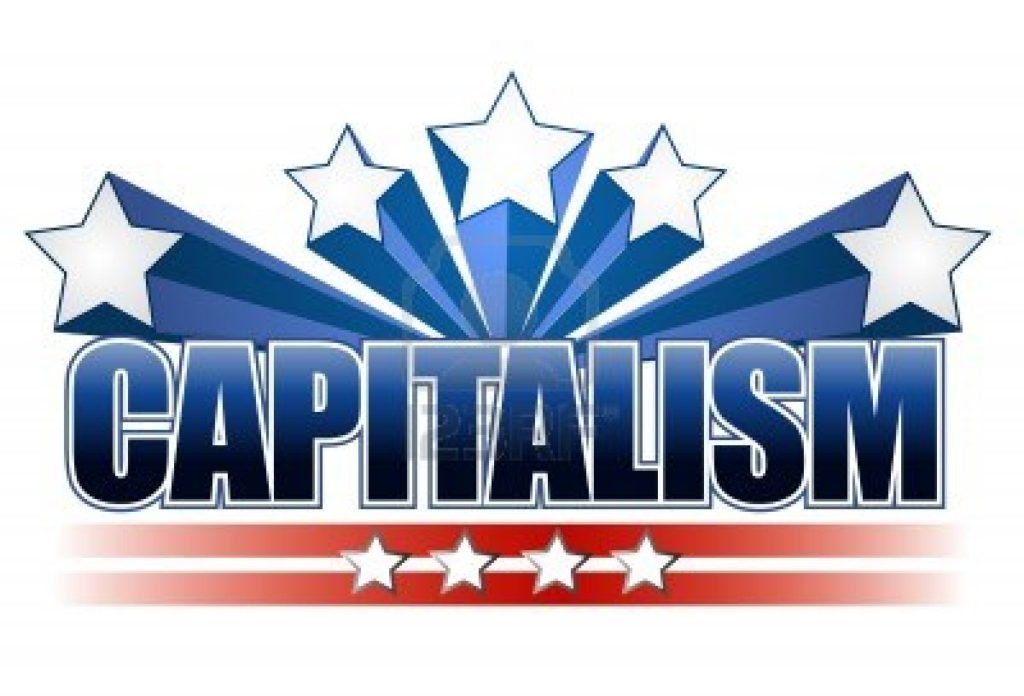One of the reasons capitalism is failing is instead of using it as one of many tools to build an economy, the rulers of society have made it a religion.
I ran across an excellent article by John Atcheson that made it clear that capitalism, as we practice it, by design, creates inequality. The first paragraph of the article captured the West’s form of capitalism.
In almost every way you examine it, capitalism – at least the relatively unconstrained, free-market variety practiced here in the US and supported by both parties — has been an abysmal failure. Let’s take a close look at some of its worst failings. But first, it must be admitted that when it comes to exploiting people and the planet for the purpose of generating apparent wealth for the few, it has been a smashing success. More about that notion of “apparent wealth” in a moment, but now, the specifics.
It is important that before one objects to an alternative viewpoint that one leaves themselves open to examine not what one is taught but the reality one sees. A few of the most important paragraphs in the article say it all.
Economists have long recognized that not all benefits and costs are mediated in the marketplace, and they refer to these as “externalities.” Typically, an externality is imposed on a third party that is not part of a transaction, such as people suffering asthma from pollution. The way we have dealt with these in the past is to use regulations, taxes, subsidies and property rights to try to internalize externalities – that is, to impose a price on them. But neoliberals and conservatives have been backing off that approach and the Trump administration is in the midst of a frenzy of regulatory rollbacks that is unprecedented.
But the costs of this denial are staggering.
Because what has become obvious in the last few decades is that so-called externalities actually exceed the size of the global economy. That is, the value of things which we don’t price or exchange in the market but which impose costs on society is much larger than those that we do. For example, a team led by Robert Costanza found that the annual value of just seventeen “ecosystem services” exceeds $142.7 trillion dollars in 2014 dollars. To put that in perspective, the global world product—the total value of all goods and services measured in the market—was only a little over $78 trillion that year. Thus, our entire economic system routinely ignores values that are nearly twice those we measure. That’s one reason Costanza et al. also determined that some $23 trillion worth of “ecosystem services” had been destroyed between 1997 and 2014, and not a single penny of this vast sum was registered in conventional macroeconomic accounting. Worse, capitalists called this wealth creation.
Check out the entire article. It is worth the read.

